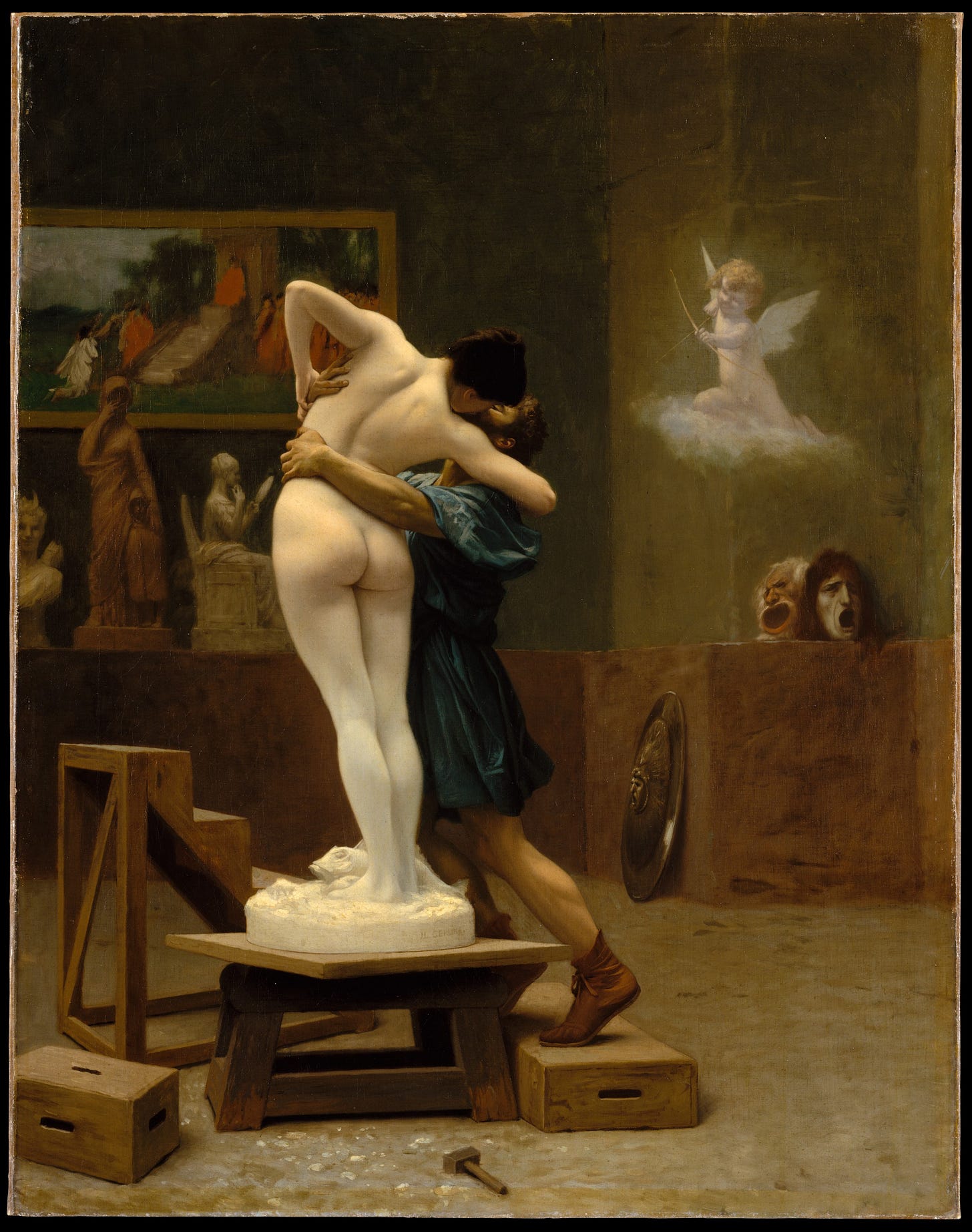Thoughts of the day
In Greek mythology, Pygmalion was a Cypriot king and sculptor who fell in love with his own sculpture of a beautiful woman, Galatea. After asking Aphrodite to send him a wife, Pygmalion’s statue comes to life. He wanted Galatea to become real so badly, that his fantasy became a reality.
In the present day, the Pygmalion effect is a social phenomenon that describes how high expectations can lead to high performance. Also known as the Rosenthal effect, after the psychologist who coined the term, it came to life following research which suggested that if a teacher believes in a student, their performance is enhanced. The same can be applied in the workplace, but perhaps it can also be applied in all other areas of life.
In short, reality can be enhanced through the expectations, and observations, of others. Our beliefs determine not only our actions, but also the actions of those around us. And so, the Pygmalion effect becomes a cycle of positive reinforcement.
It may be naive to simply assume that believing in something will cause the ‘thing’ to become it. But humans are not statues. Where Pygmalion’s tale is about impossible idolisation, his effect may just be highlighting the possible, positive impact that we can have on others, not by being blind to their flaws (or seeking hopeless perfection, like Pygmalion), but by playing to their strengths.
"Some people make us feel more human and some people make us feel less human and this is a fact as much as gravity is a fact and maybe there are ways to prove it."
— Catherine Lacey
Thank you for reading today’s Brain Food. Brain Food is a short daily newsletter that aims to make you think every day, without taking up too much of your time. If you know someone who would like it, why not forward it to them? Brain Food is, after all, alive thanks to you, its subscribers.



